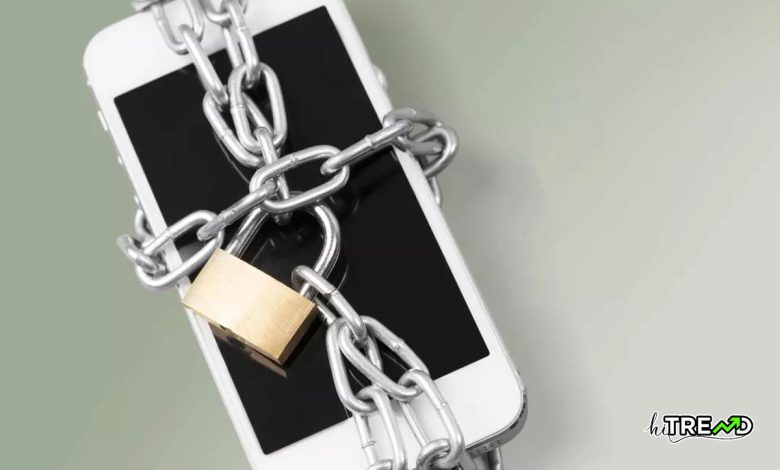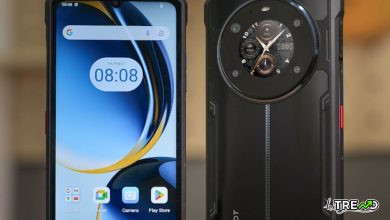FCC proposes 60-day unlock rule after T-Mobilelock-in to 365 days

IN A NUTSHELL: The FCC has proposed a 60-day unlocking requirement for all wireless providers to address consumer frustration with inconsistent phone unlocking policies among mobile carriers. The regulation aims to standardize policies and enhance consumer choice and competition.FCC proposes 60-day unlock rule after T-Mobilelock-in to 365 days
You can read more Technology articles
Federal Communications Commissioner Geoffrey Starks highlighted the issue, noting that current policies vary significantly, with some consumers facing significant barriers to unlocking their phones while others find it relatively easy. This inconsistency is detrimental to both consumers and competition. The proposed uniform policy would require carriers to unlock phones 60 days after activation unless the customer acquired the handset fraudulently.
“For too long, consumers have faced confusing and disparate cell phone unlocking policies. This lack of consistency across carriers means some consumers can unlock their phones with relative ease, while others face significant barriers,” said Starks. “A consistent unlocking policy isn’t just good for consumers. For carriers, it’ll better reward those offering the most innovative, affordable products and services.”
The 22-page proposal, approved in a 5-0 vote, initiates a public comment period before the FCC finalizes the proposed rules. The draft Notice of Proposed Rulemaking (NPRM) outlines the requirement for mobile service providers to unlock handsets no more than 60 days post-activation. Chairwoman Jessica Rosenworcel emphasized in a statement that while the Commission has mandated some unlocking requirements in past spectrum auctions and mergers, unreasonable restrictions on consumers unlocking their phones persist.
“Some [carriers] have recently increased the time their customers must wait until they can unlock their device by as much as 100 percent. Enough!” Chairwoman Rosenworcel exclaimed. “We can put in place a nationwide standard because it is in the best interest of consumers and competition.”
Rosenworcel noted that some providers, like T-Mobile, have recently extended their locking periods, making it harder for consumers to switch carriers. T-Mobile’s prepaid brand, Metro by T-Mobile, has more than doubled its unlocking period, going from 180 days to one full year, aligning with T-Mobile’s other prepaid policies. The Uncarrier also differentiates between prepaid and postpaid unlocking policies, with postpaid devices requiring a minimum of 40 days of active service before they are unlocked. Financed phones are not eligible until paid in full, which is standard policy for most providers.FCC proposes 60-day unlock rule after T-Mobilelock-in to 365 days
The FCC’s draft NPRM is sketchy about how to handle financed phones. Logic dictates that current company unlocking rules would remain status quo since the provider technically owns the device until the customer satisfies the contract. However, the proposal questions whether alternative unlocking timelines would be more effective, such as unlocking upon activation or after the first payment. This idea seems like an invitation for deadbeats to ditch their financing obligations.
The proposal also considers the broader impact on the availability of discounted handsets and term contracts. Verizon’s current policy, influenced by past spectrum license conditions, locks phones for 60 days before automatically unlocking them. Likewise, AT&T’s policy requires a 60-day active service period for postpaid phones, while prepaid phones must be active for at least six months.
The CTIA, a wireless carrier lobby group, cautioned the FCC to consider the trade-offs of setting a 60-day unlocking period, including potential impacts on digital equity and access to handsets. They suggested that stringent unlocking requirements might reduce the availability of subsidized phones, particularly in prepaid environments.
Consumer advocacy group Public Knowledge welcomed the FCC’s move, arguing that phone locking imposes unnecessary burdens, particularly on low-income consumers, by locking them into expensive contracts and preventing them from accessing more competitive plans. They noted that phone locking also limits the secondary market for used phones, reducing affordable options for consumers.
There is still much to consider, especially when prepaid devices often come with very steep discounts. The FCC’s next step is to gather public feedback on potential impacts on service providers’ incentives to offer discounts, extended payment plans, and any other issue of public concern.
Follow HiTrend on X





